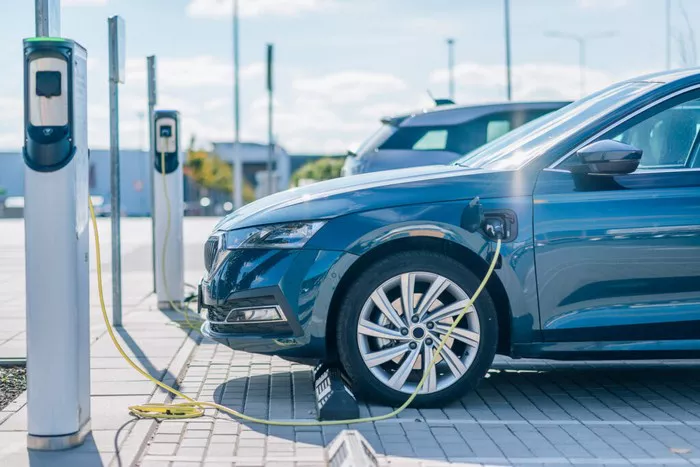Electric vehicles (EVs) rely on lithium-ion cells to store large amounts of energy, but these cells, while efficient, pose a fire risk. If a cell overheats, it can lead to a dangerous phenomenon called thermal runaway, where a fire spreads to nearby cells, potentially causing a catastrophic blaze.
To address this, the U.S. Department of Energy has provided Aspen Aerogels with a $670.6 million loan to develop solutions to contain fires in EVs. One of the promising technologies being explored is aerogel, a lightweight material known for its exceptional thermal insulation properties.
Aerogel, made up of about 99% air and a porous structure of silicon and oxygen, can withstand extreme temperatures. In laboratory tests, aerogel has shown the ability to resist flames exceeding 2,000 degrees without igniting or allowing heat to pass through, essentially acting as a “firewall” to prevent the spread of fire between cells.
While aerogel cannot prevent a fire from starting, it provides crucial time for passengers to evacuate the vehicle in the event of a fire. Beyond its potential in EVs, aerogel technology has applications in fields such as natural gas transport and space exploration.
Experts recommend a multi-faceted approach to EV fire safety, including advancements in battery chemistry, predictive data analytics, and innovations like aerogels.
Related topics:

